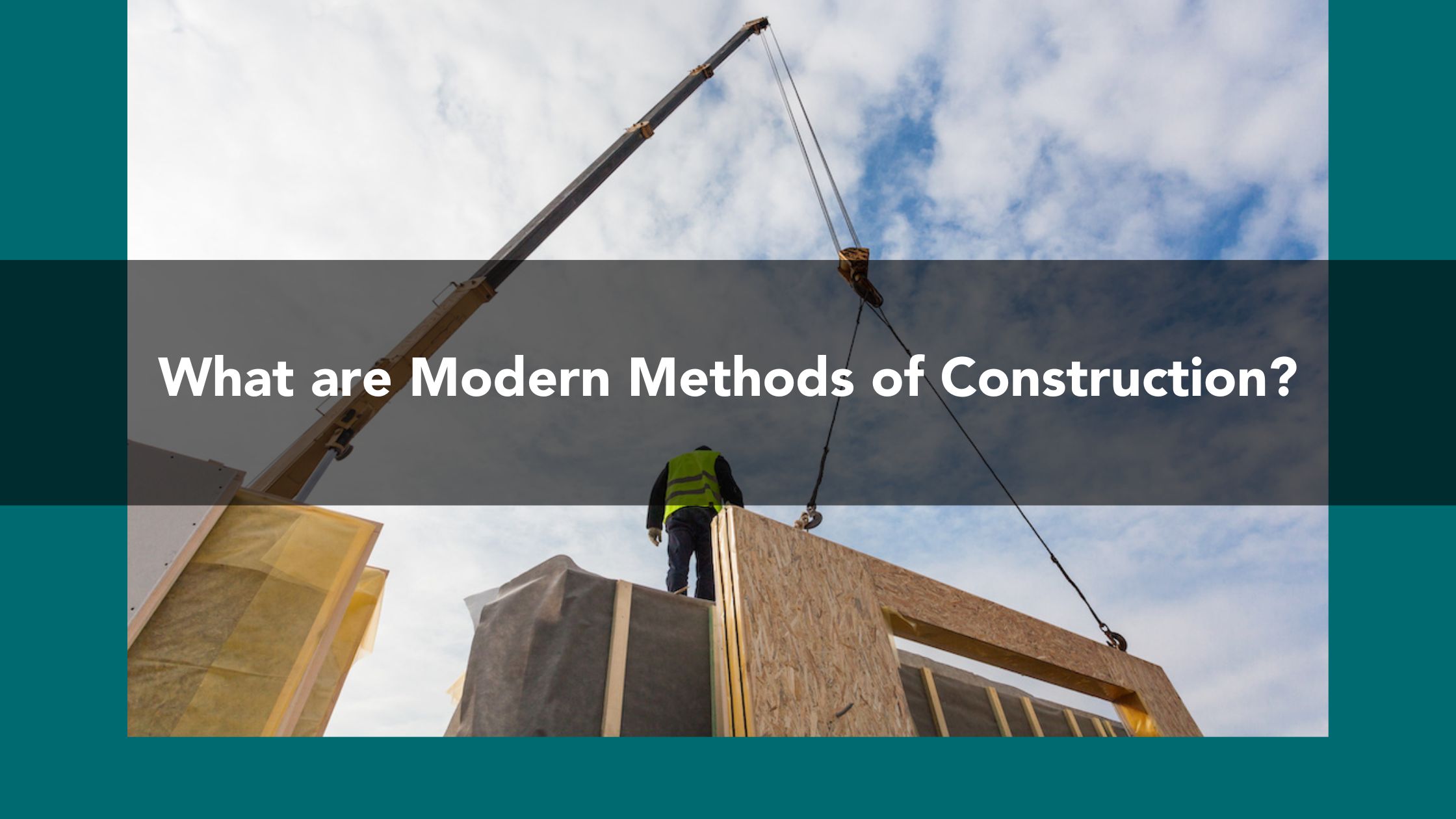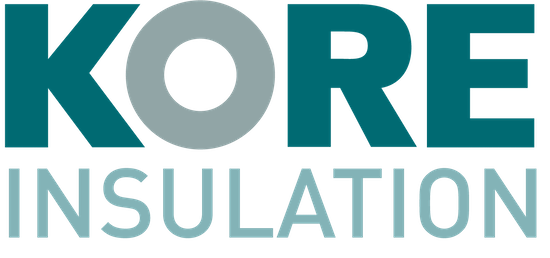
Modern methods of construction, or MMC, is a term you’ve probably heard a lot about if you work in the construction industry. In simple terms, MMC is a process which focuses on off-site construction techniques. This can include mass production of building materials or systems, or factory assembly, rather than building traditionally on-site. This in turn can help us build faster, more efficiently and to a higher quality, reducing pressure on-site while allowing us to build more homes in less time.
Using Digital Tools & Technology in MMC
There are a wide variety of digital tools and technologies that can be used in modern methods of construction. This includes Building Information Modelling (BIM), augmented reality (AR), and the use of technologies like drones and robotics. KORE offer BIM object files for a wide variety of our insulation solutions, including floor insulation, cavity wall insulation, perimeter strips and roof insulation.
We’re continually adding to our BIM library to make it easier for architects and engineers to work with our products in the digital space. Digital tools can help users increase efficiency, improve accuracy and safety.
KORE’s BIM object files are available by joining the technical resource centre.
Modern Methods of Construction & Sustainability
Sustainability plays a big role in modern methods of construction, ensuring that materials are eco-friendly and energy efficient. EPS, for example, is available in a low carbon alternative, reducing the embodied carbon by using renewable feedstock in the manufacturing of the raw material. This is made possible by the Biomass Balance Approach.
The systems employed in MMC can also promote sustainability and energy efficiency. Products like the insulated foundation system virtually eliminate the wall-to-floor cold bridge, reduce concrete usage by approximately 40% and reduce on-site waste as the product is manufactured off-site and delivered ready to install. The performance of the product once installed also promotes energy efficiency, providing U-values as low as 0.10W/m2K.
Other systems include cavity wall insulation, lightweight steel and timber frames, precast concrete elements and cladding systems.
Lean Construction’s Role in MMC
There are several principles in lean construction. These include:
- Defining value from the customer’s perspective
- Identifying and eliminating waste
- Creating a reliable workflow
- Engaging and empowering the workforce
- Pull scheduling and just-in-time delivery
- Collaboration and teamwork
- Continuous improvement and learning
Of the seven principles listed above, modern methods of construction and lean construction share many of the same goals. These principles help to reduce or eliminate waste, optimise the way resources are used, and enhance the overall productivity of the project. MMC and lean construction are highly complementary approaches that can work hand-in-hand to further strengthen our construction processes.
For example, both have similar approaches for efficiency and productivity. MMC’s approach with its off-site construction and streamlined processes can help reduce the time it takes to build and increase team productivity. Lean construction, on the other hand, places much of its focus on optimising workflows, reducing non-value added activities and maximising resources.
A good example of this approach can be seen with KORE Fill Cavity Wall Insulation. This bonded bead insulation system for new build and retrofit streamlines the installation of insulation in cavity wall construction. This includes:
- Only utilising expert contractors to install the product
- Following a streamlined, NSAI and BBA approved process that ensures the product is installed correctly
- Only using the exact amount of material required
- Leaving no waste behind
- Leveraging pull scheduling and just-in-time delivery. KORE Fill is installed on-demand when it’s needed, meaning no material is left on-site
Fostering Collaboration with Modern Methods of Construction
Collaboration is required for modern methods of construction to be successfully implemented. This includes effective communication, coordination, and cooperation between all the stakeholders involved. Effective collaboration begins early in the process, usually with architects, engineers, contractors and manufacturers determining the project requirements, design considerations and the feasibility of the project itself. Using their collective expertise and input helps shape the overall strategy and determining which MMC techniques will be utilised.
On-site and off-site collaboration is also essential with modern methods of construction. This includes the manufacturer used to produce the components or system, and the contractors on-site that assemble or install it. Effective communication and collaboration can help ensure manufacturing, transport and installation runs smoothly.
Using the insulated foundation system as an example, collaboration is essential between the specifier, engineer, KORE (the manufacturer) and the contractor on-site. This collaboration ensures the system is designed to the exact specification, delivered on time and to a high quality, and is available when the system is needed by the crews on-site to assemble and install. Keeping the lines of communication open throughout the process is critical to a successful installation.
Getting Started with MMC
Getting started with modern methods of construction takes a bit of work, but it’s not as hard as you may think. Start with research and education, learning about the concepts, benefits and techniques. Set clear objectives about what you want to achieve, whether it’s increased productivity, quality or faster project delivery, determining your objectives at the outset is key. There are many factors to consider, like the project size, budget, complexity and timeline. Larger sites, like housing developments, with repetitive processes may make it easier to implement MMC practices rather than a one-off self-build.
Make sure you engage with the right partners. This includes architects, engineers and building contractors that have experience with modern methods of construction. When possible, collaborate early in the process. Planning and design is an essential component of MMC and can make the difference between the success and failure of a project.
We’re here to help! KORE Insulation offers many solutions that follow lean construction and MMC principles, like our Insulated Foundation System. Connect with your area sales manager or our technical team today to learn how we can support you on your journey into the future of construction.

